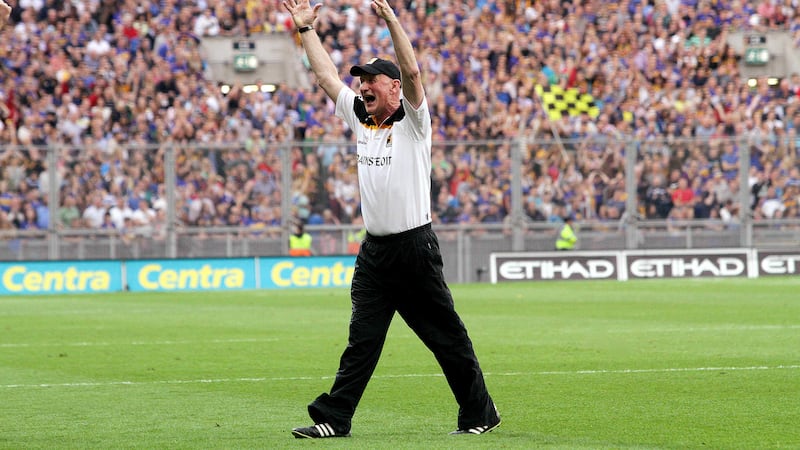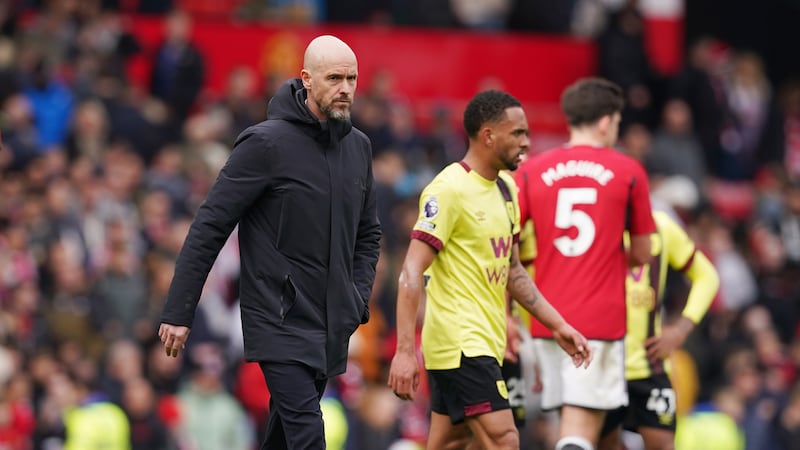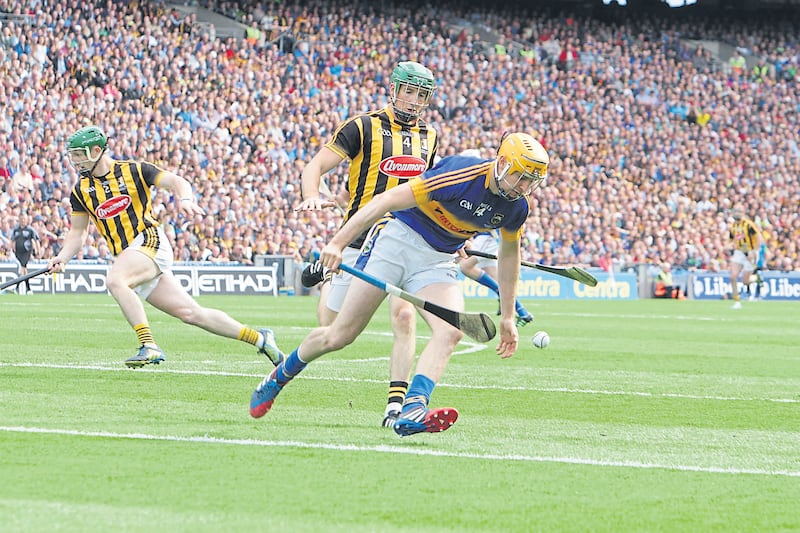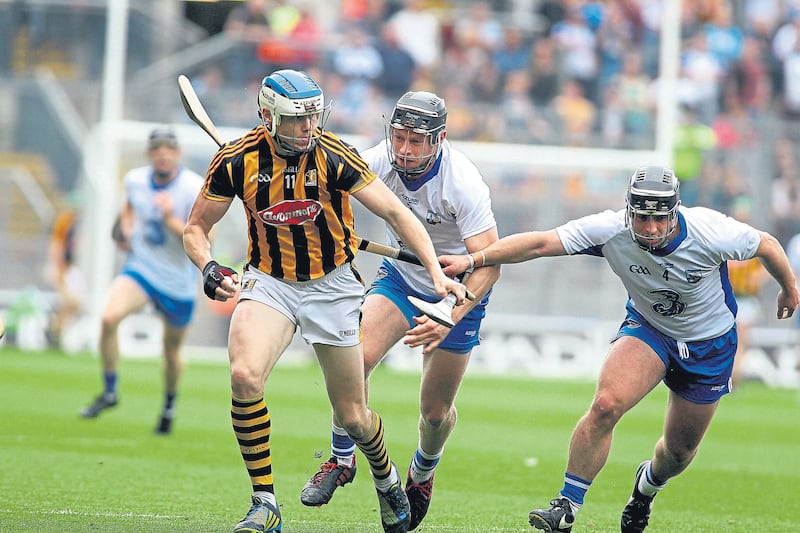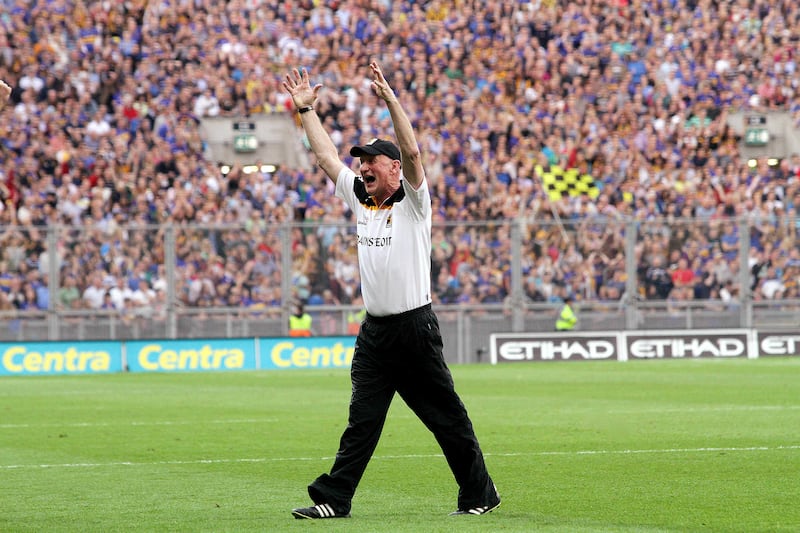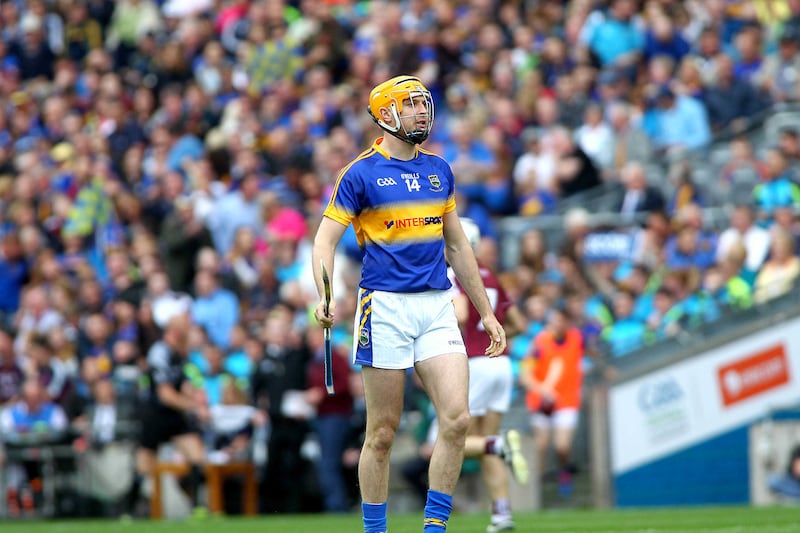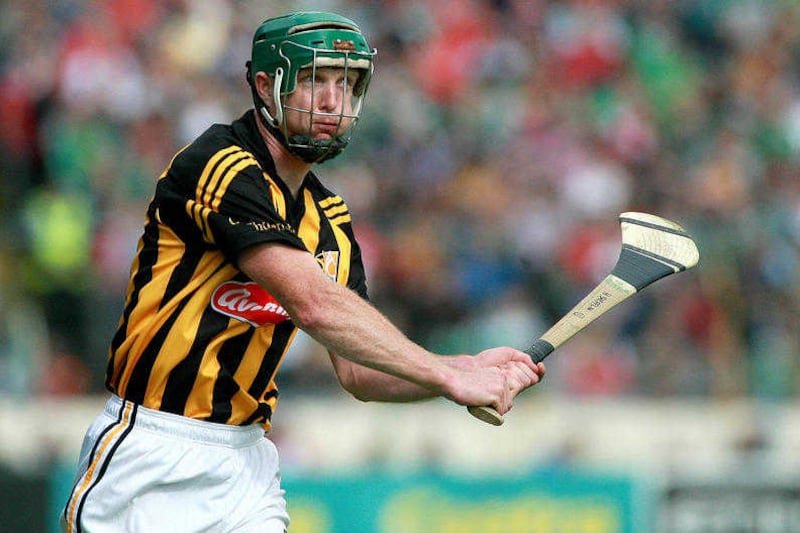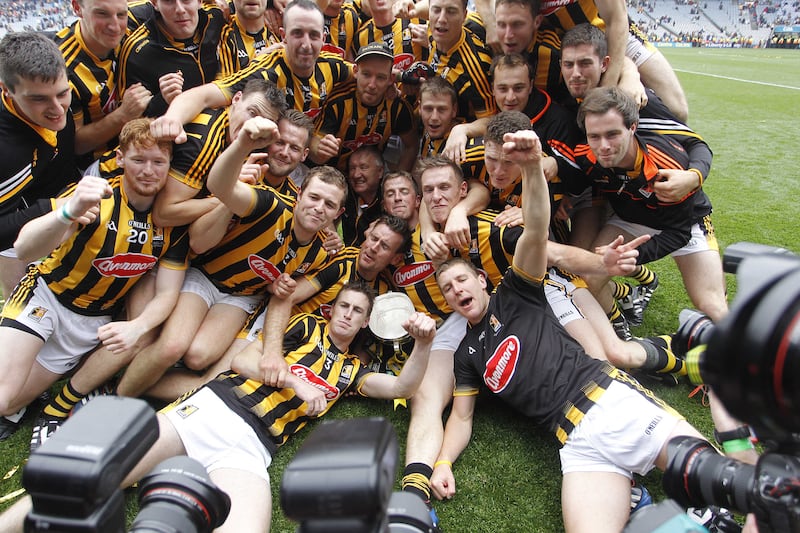AFTER Dublin and Limerick won breakthrough provincial titles in 2013, Anthony Daly met John Allen at a media event in Croke Park.
Daly was Dublin manager. Allen was Limerick manager. Daly was quizzing Allen on Limerick’s approach. Allen was curious to know how Dublin were planning their preparations during the layoff before their All-Ireland semi-finals. They both seemed to agree that less might be better than more but neither was quite sure.
In any case, Daly seemed to believe it was the way to go. He felt the players were ready. Daly could have trained them harder in the lead-up to the game but he didn’t want to go overboard either. He wanted to keep the players fresh and hungry and to dilute some of the tension if possible.
A few days later, Daly decided on a whim to cancel training and bring the squad kayaking in Dun Laoghaire. The players had a ball. They nearly drowned Daly off Dun Laoghaire pier. It was one of those beautiful, spontaneous evenings when the players felt alive, on top of the world, and ready to take on the world.
Dublin went into their All-Ireland semi-final fully confident of beating Cork. They probably would have if Ryan O’Dwyer hadn’t been sent off but Cork prevailed. After their training in the Gaelic Grounds that same morning, the Limerick players had breakfast in the kitchen under the Mackey Stand. One of them got chatting about the difficulty of the five-week layoff, and the confidence and momentum Clare had gained in the meantime through the Qualifiers.
“It’s a difficult one to manage,” said the player. “It’s almost like a new season now and Clare are going well at the right time.”
It was new territory for Limerick, just as it was for Cork a year later, who were turned over by Tipperary in the All-Ireland semi-final. Similar to many teams, especially in Munster, Cork didn’t cope well with the five-week layoff. Tipp took a flamethrower to Cork’s ambitions. It was their biggest win over Cork in the Championship since 1965. The players and their manager Jimmy Barry-Murphy left Dublin charred and blistered from the scorching.
“We let ourselves down,” said Barry-Murphy about that experience in August 2015.
“Looking back on it, the five-week break was a major factor. If we were ever in that position again, I would use the time far differently. We had too much time together. We were doing the same thing over and over again. The players would have been far better off going back to their clubs for two weeks.”
Since the hurling Qualifier era began 14 years ago, dealing with that five-week break has been a constant issue for the Munster champions. In nine of those 14 seasons, they have fallen at the All-Ireland semi-final stage. Interestingly, on two of those five occasions when the Munster champions did advance to the final, they had only a three-week break because there were quarter-finals (which included the provincial champions) between 2005 and 2007.
The stats are even more pronounced when compared to how Kilkenny have mastered the five-week run-in. Of the 14 All-Ireland semi-finals Kilkenny have won in 16 seasons under Brian Cody, 10 were secured after at least a five week lay-off. Kilkenny have had the best players but being able to expertly manage that extended layoff – and being able to replicate it before the final – has been crucial to Kilkenny’s modern success.
Kilkenny have mastered the art because they’re so annually accustomed to it. In Munster, no-one has enjoyed that privilege because no one has been that dominant; four different teams have won the last seven Munster Championships. Dublin’s emergence as a force, and Galway’s arrival into Leinster, made Kilkenny’s life more difficult in the province but they’ve still consistently been able to get their timing right. When other teams were entering August in that ideal groove of a game every two-to-three weeks,
Kilkenny have still always been able to withstand that surge: “Brian Cody has a template in place which he knows works,” said Eddie Brennan last year.
“Guys go back to their clubs for a week, and then they build it back up again. It’s all about repetition. Everyone knows the drill. Psychologically, there is great comfort for everyone in knowing that it works.”
Since Mick Dempsey arrived on the backroom team in 2006, Kilkenny’s preparations have been more measured and scientific. Training schedules were given six weeks in advance, with the proviso they were always subject to change. They rarely did. And once Kilkenny won Leinster, they had the routine off to perfection.
Players were given their downtime the week after the Leinster final. If there were club matches, players were encouraged to fit in a couple of gym sessions to maintain the programme. And then they ramped it up again. In the early years of Cody’s management, training weekends were a rarity. In 2000, the squad travelled to Clare, stayed in the Clare Inn and trained in Clarecastle. Yet after Dempsey came on board, those trips were routinely built into Kilkenny’s schedule before All-Ireland semi-finals and finals. Initially, they travelled to Seafield in Wexford and trained in the Buffers Alley pitch. Yet since 2010, they have more often gone to Carton House in Kildare. It’s where the Irish rugby team train but Cody favoured that base because the pitch was on site and was similar in size and surface to Croke Park.”
On Sunday week, Waterford arrive into Croke Park with momentum having won their quarter-final against Wexford by 10 points. Since May, Waterford have played five big games – three against Clare (including two League finals), Tipperary and Wexford. In the same timespan, Kilkenny have played two. Kilkenny won’t have played in five weeks.
Irrespective of the Munster final hammering, Waterford have had two huge games alone in the last month. And yet to win, Waterford will have to crack a code that Kilkenny have mastered.
